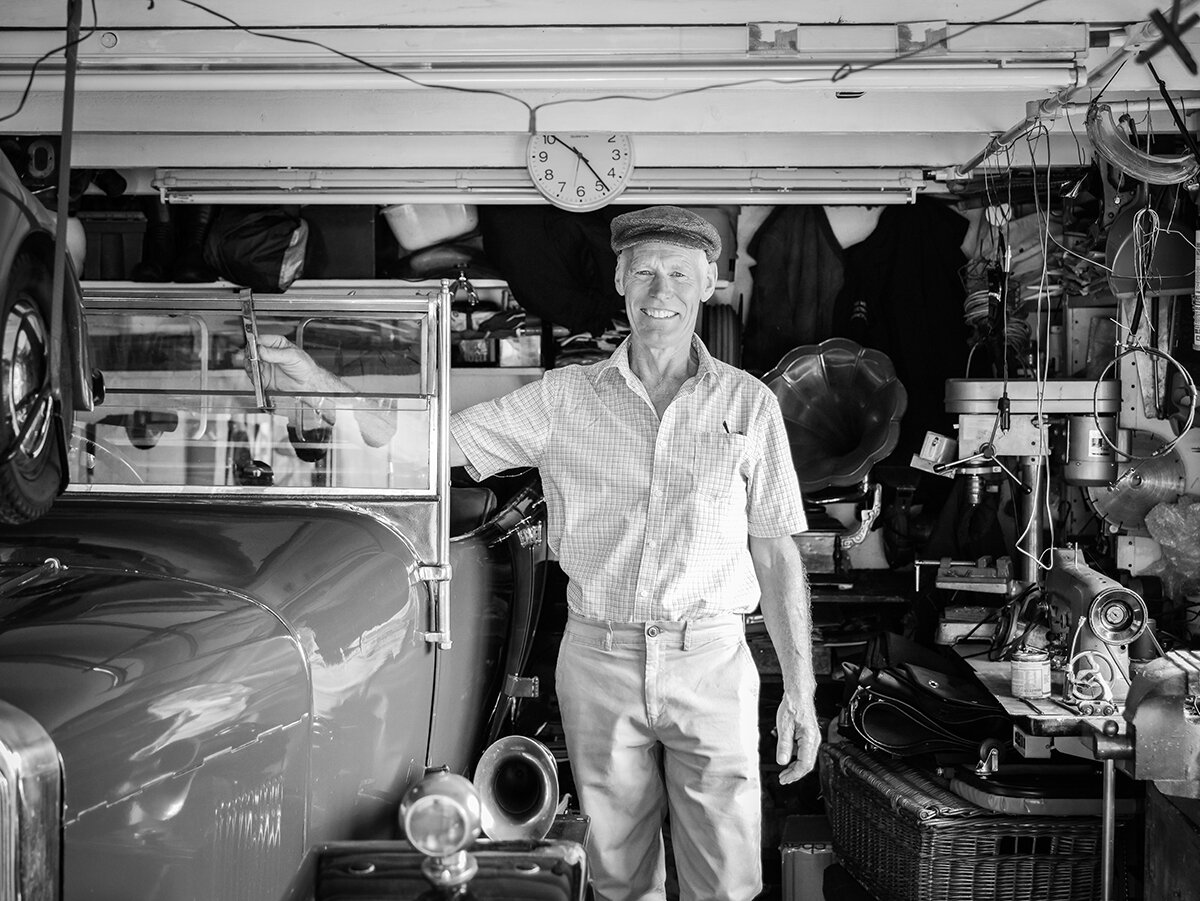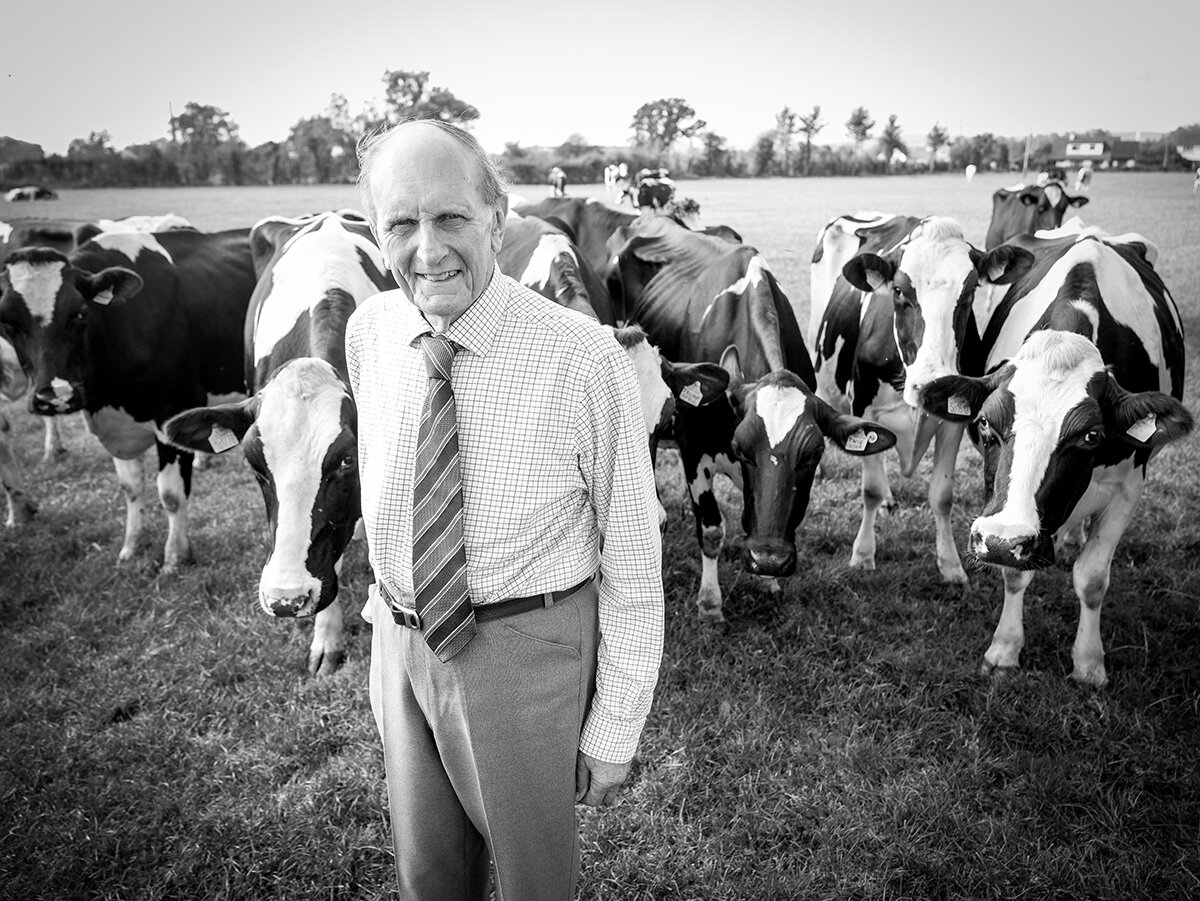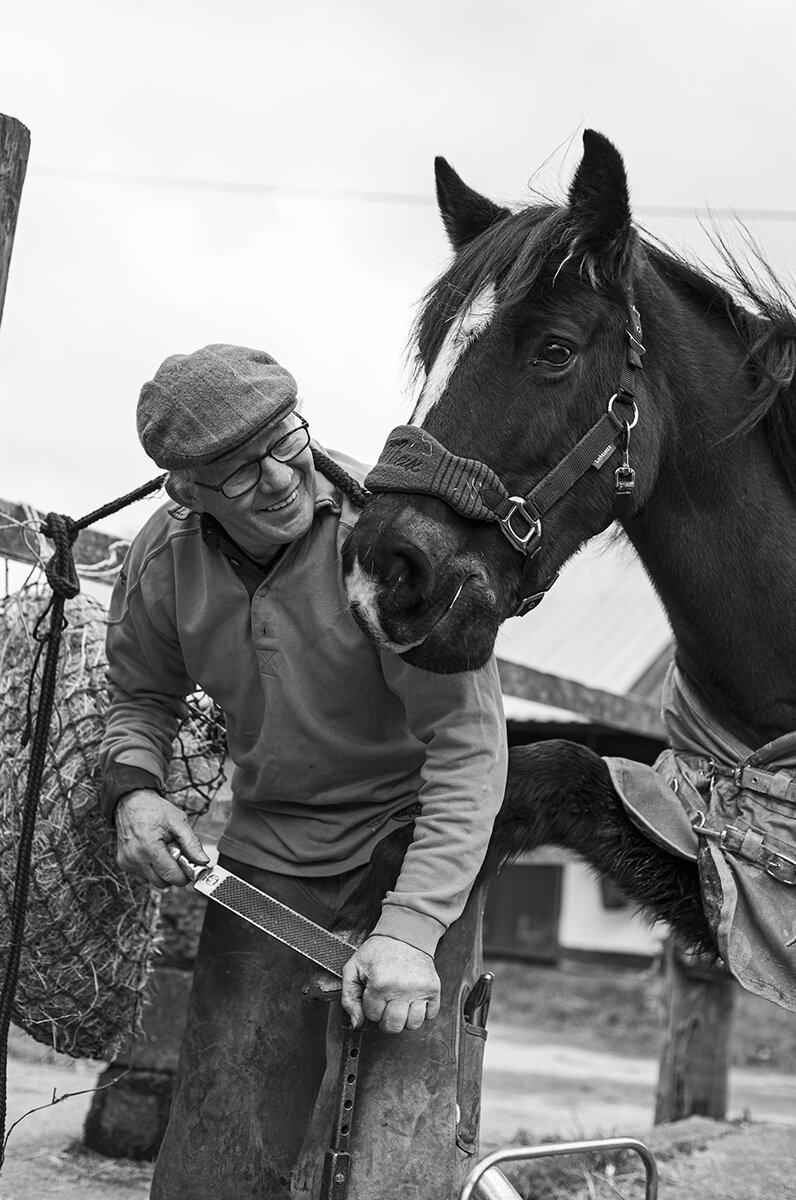- Animal keeper Margaret Gutteridge
Margaret (right) (Emma Drabble)
Watch interview with Margaret
Margaret was introduced to Whitson Zoo by the lion that no-body wanted. Born in Goldcliff, Margaret was the daughter of a First World War veteran who became a steel worker at Lysaght’s.
“I went to St Joseph’s Convent and then college to do typing, book keeping and shorthand.” She learned to drive and was delivering bread around Goldcliff, Whitson and Nash when she encountered Olive Maybury’s Whitson Zoo and the loveable lion cub.
“He came from a children’s home in Chester. They didn’t want him so Mrs Maybury said, ‘All right, we’ll have him.’ He arrived with the children in their mini bus.” Margaret learned to bottle feed the cub - “he used to like an ice cream” - and was soon caring for other exotics.
There was the goat that climbed into a workman’s van: “She’d sat in the driving seat and wouldn’t get out! She was a terror, but she was gorgeous.” Then there were the two Himalayan bear cubs rescued from a Newport pet shop window after protests from the public.
The zoo closed in the 1980s and Jason joined the lions of Longleat. He fared better than the Himalayan bears which could not be re-homed. They were put to sleep and sold to a taxidermist from Dolgellau.

























